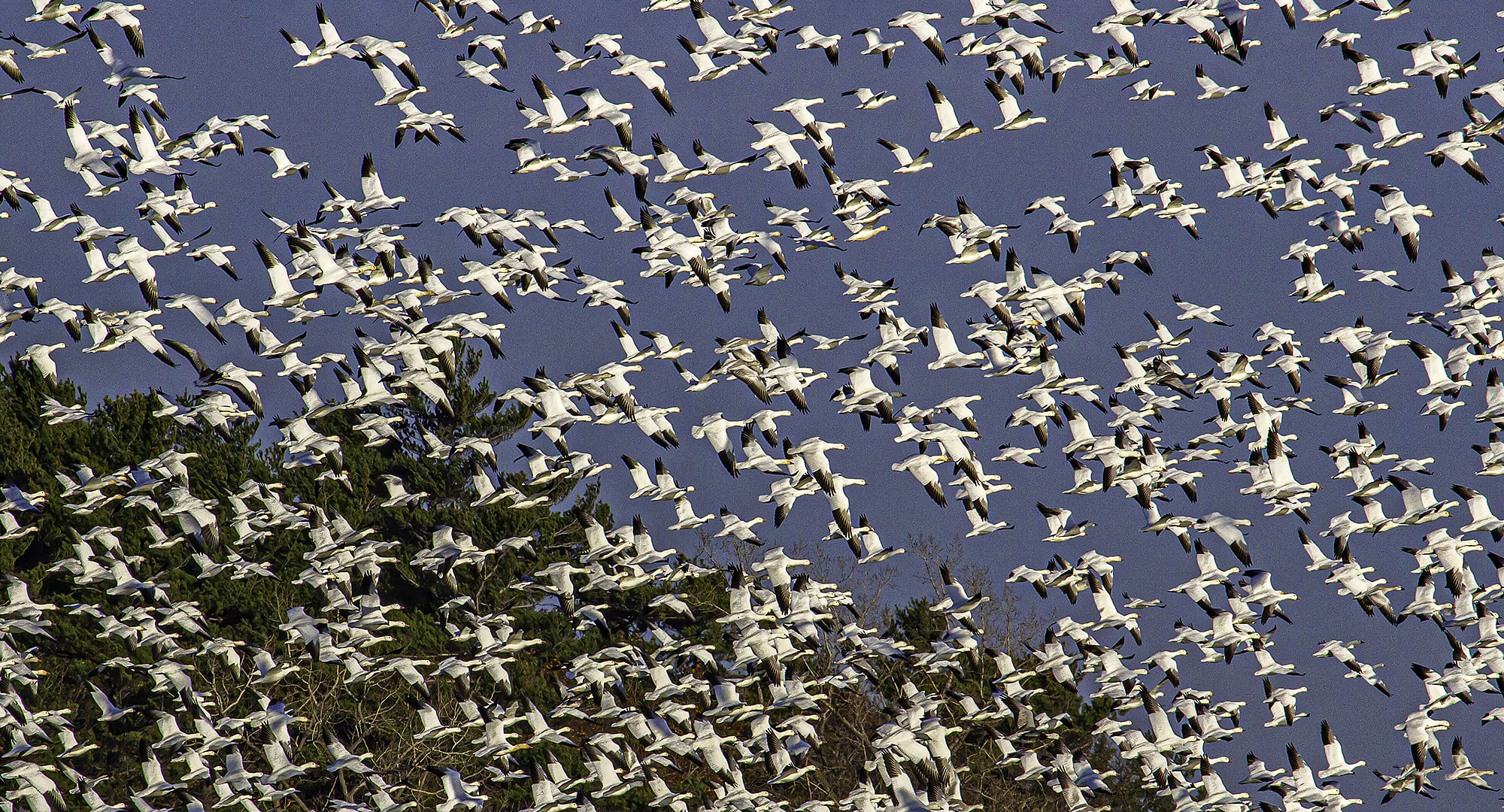AS MANY OF US gain an extra hour this coming weekend, I will be setting in motion my plan to defy the laws of time. I’ll retire Saturday night without dialing back my clocks or allowing the gadgets to do it for me. On Sunday I’ll go about my usual business, including being outdoors in nature. All the while, my clocks and I will remain one hour ahead of most everyone else in North America — one hour ahead of conformity.
After all, I have better use for my extra hour.
George Vernon Hudson might have liked my plan. In 1895, the scientist and postal clerk, at a meeting of New Zealand’s Wellington Philosophical Society, proposed to shift the established time of day by two hours each spring and fall in the interest of energy efficiency, gardening, outdoor recreation, even morality.
But I have reason to believe Hudson had other motives as well. Like me, he was an entomologist with a particular fondness for dragonflies. The extra daylight in the evening, which is what we get with the onset of daylight saving time in spring, would have given Hudson more time to study insects after leaving his work at the post office.
And yet according to the proceedings of the Philosophical Society, Hudson’s proposal met “rather with ridicule,” with a Mr. Harding calling the idea “wholly unscientific and impracticable.” Even so, various configurations of daylight saving time gradually caught on during the 20th century. By advancing clocks an hour in spring, when the sun rises early anyway, most of us still awaken to daylight but get an extra hour of light toward day’s end.
Rarely do we literally “make time” like this. Finite, scarce, and arbitrary, time now passes so easily from lives of infinite distraction. Even as we struggle to find more “free time,” even as we might endeavor to do something productive with that extra hour next weekend, our gadgets will automatically take it from most of us at 2 a.m. on Sunday. Many will use the extra hour for sleep. I’d rather claim my hour while I am awake.
So here’s how I intend to game the system.
On Sunday, having not yet dialed back my clocks, I will almost certainly be doing something outdoors. Perhaps I’ll travel to the shores of Lake Champlain here in Vermont to watch thousands of Snow Geese honking overhead on their annual migration south. Maybe I’ll find the last of this year’s Monarch butterflies, the stragglers on their audacious journey to Mexico. And like my colleague-in-spirit George Hudson, I’ll look for one of the season’s last dragonflies on the wing — a red flash called Autumn Meadowhawk. All the while I will not yet have claimed my extra hour.
By 5 p.m. or so on Sunday, I would normally begin to think about the ever-present “what’s next” for the coming week: my inbox, my appointment calendar, snow tires, warfare, politics, my next essay. But if it’s not too cloudy, the sun will be casting low, angled light on the last splashes of rust and yellow foliage here in New England. The Snow Geese and Monarchs and Autumn Meadowhawks will be settling in for the night. And I’ll want more time in the wild before heading home.
Only then will I claim my extra hour — and dial my clock back from 5 p.m. to 4 p.m. I will “make time” — not indoors on Saturday night before bed, not while the overlords at Apple and Google do it for me, and certainly not to gain an extra hour of sleep. In an admittedly symbolic act, I will claim my hour later on Sunday for doing more of what matters: being outside in nature.
To be sure, minutes and hours remain our very own creations — arbitrary and ephemeral. As easily as we gain one hour now, one will be taken from us in spring. So I figure that I’m free to bend time for my own arbitrary and yet mindful inclinations.
In his proposal to the Wellington Philosophical Society, Hudson specifically noted the benefits of spending additional time outdoors. “In favor of the scheme, special attention is directed to . . . the numerous classes who are obliged to work indoors all day,” he wrote, “and who, under existing arrangements, get a minimum of fresh air and sunshine; and the probable resultant increase in the health, morality, and happiness of the community generally.”
So spend your extra hour well on Sunday. Spend it alone, with a friend, or with your one true love. Spend it with a flower or a songbird, a book or an idea. After all “health, morality, and happiness” can happen in a mere 60 extra minutes.
Or as Mary Oliver might have more elegantly put it: Tell me, what is it you plan to do with your one wild and precious hour?
The Virtues of Seabirds and Tides
Here's how I used that extra hour in 2023. I might have easily spent every minute watching Harlequin Ducks. But there was even more to discover that day.
Postscripts
Tell me your plan for your hour in comments below. (I recognize that many Europeans dialed back their hour last weekend — feel free to report in nonetheless.)
A version of this essay appeared a year ago in The Boston Globe. (But hey, this idea is, well, you know . . . timeless.)








Lovely post. Thanks Bryan.
It is my privilege to live largely without a clock now that I am mostly retired. i wake and sleep when it pleases me and adjust daily based on weather and whim.
Definitely gonna make time to drive down and see the snow geese!
Shamefully, I forgot!
The perfect example of remembering to ‘step away’ from my own mind full of nonsensical important tasks and go feel and see the momentary beauty of the fleeing season.
Thank you for rattling my brain.